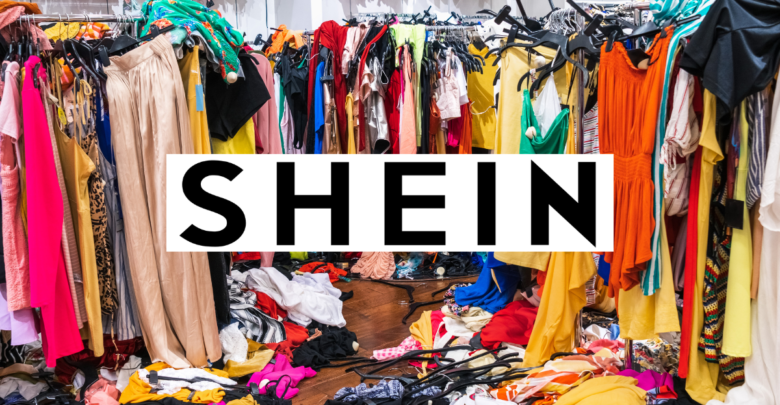
Shein is an online fashion retailer that has gained immense popularity in recent years. However, the company has been embroiled in controversy over its ethical practices. The controversy began when a customer found a swastika necklace listed for sale on Shein’s website. Shein issued an apology and removed the product from its website. But this was just the beginning of the controversy.
Overview of the Fashion Industry’s Ethical Practices
The fashion industry is known for its fast-paced nature, with new trends constantly emerging. However, this fast-paced nature has also led to unethical practices. The industry’s supply chain is complex, with many layers of production and distribution. This complexity often leads to poor working conditions, exploitation of workers, and environmental damage.
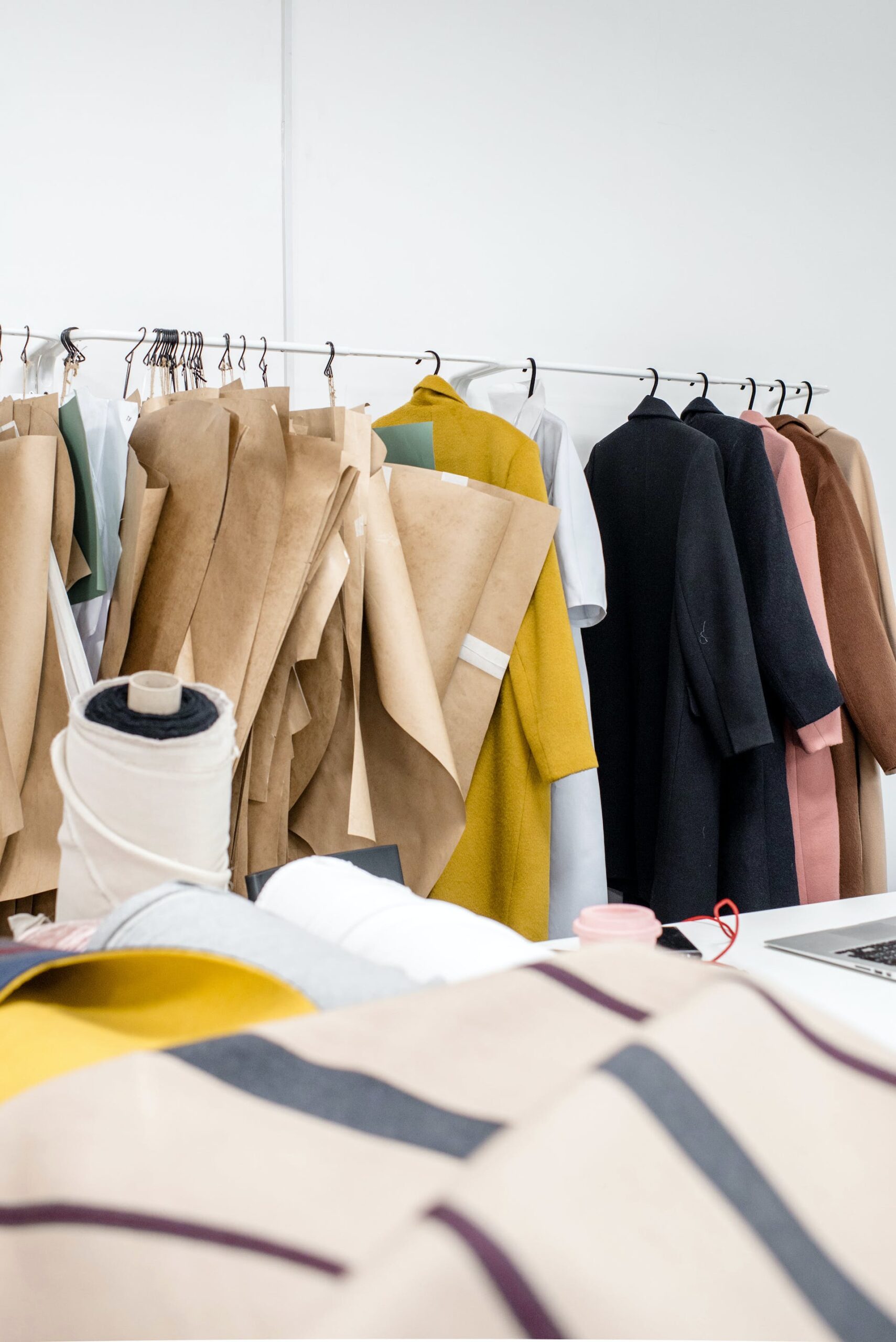
The fashion industry is also known for its “fast fashion” business model. Fast fashion refers to the practice of producing low-cost clothing quickly and in large quantities. This business model encourages consumers to constantly buy new clothes, leading to the overconsumption of resources and the disposal of clothing. This has a significant impact on the environment, with clothing production being a major contributor to greenhouse gas emissions.
Shein’s Business Model and Supply Chain Management
Shein’s business model is based on fast fashion. The company releases new products every day and offers them at low prices. Shein’s supply chain is also complex, with the company sourcing products from various suppliers around the world. This complexity makes it difficult to trace the origin of products and ensure ethical practices are being followed.
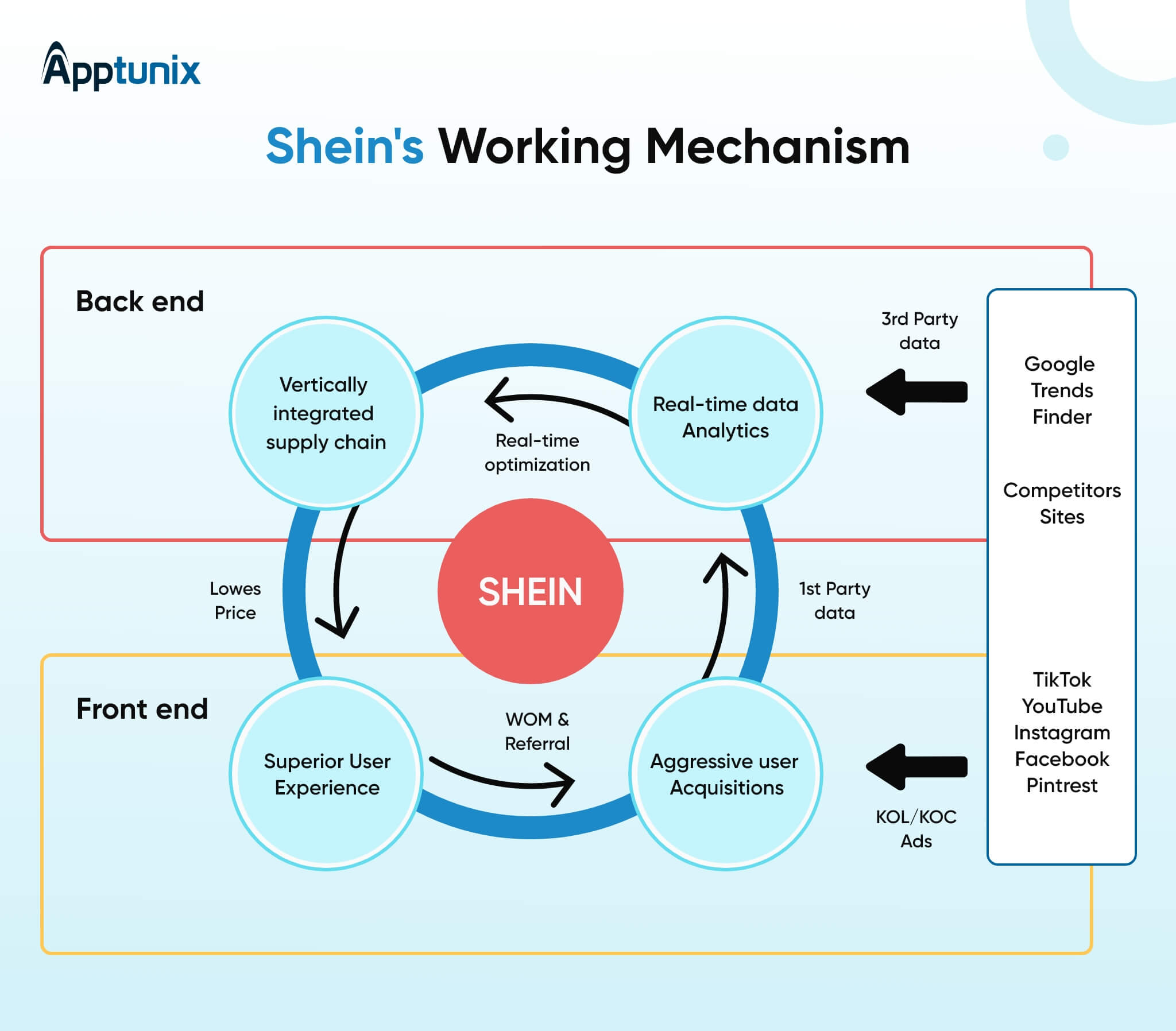
Shein has also been accused of copying designs from independent designers. The company has been known to replicate popular designs and sell them at a fraction of the price. This practice is not only unethical but also illegal.
Allegations Against Shein’s Ethical Practices
Shein has faced several allegations regarding its ethical practices. The company has been accused of using sweatshops and exploiting workers in its supply chain. Workers have reported working in poor conditions and receiving low wages. Shein has also been accused of using child labor in its supply chain.
Shein has also been accused of environmental damage. The company’s fast fashion business model leads to the overconsumption of resources and the disposal of clothing. Shein has been criticized for producing clothing that falls apart quickly, leading to more waste.
Other Companies with Similar Controversies
Shein is not the only fashion company that has faced controversy over its ethical practices. Other companies, such as H&M and Zara, have also been accused of using sweatshops and exploiting workers in their supply chains. These companies have also been criticized for their fast fashion business model and environmental impact.
Impact of Shein’s Controversy on the Fashion Industry
The Shein controversy has shed light on the fashion industry’s ethical practices. Consumers are becoming more aware of the impact of fast fashion on the environment and workers in the supply chain. The controversy has also led to increased scrutiny of other fashion companies, with consumers demanding more transparency and ethical practices.
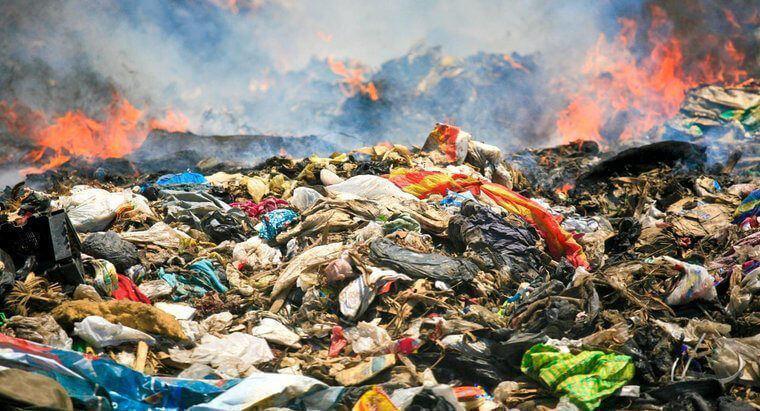
Fashion companies are also starting to take notice. Many companies have started to implement more sustainable and ethical practices in their supply chains. Some companies have even started to move away from the fast fashion business model.
Consumer Response to Shein’s Controversy
Consumers have responded to the Shein controversy in various ways. Some have boycotted the company, while others continue to shop from the online retailer. However, many consumers are becoming more conscious of their fashion choices and are choosing to support companies that prioritize ethical and sustainable practices.
Consumers can also make a difference by educating themselves about the fashion industry’s impact on the environment and workers. By supporting companies that prioritize ethical practices and reducing their own consumption, consumers can help create a more sustainable fashion industry.
What Can Consumers Do to Support Ethical Fashion Practices?
Consumers can support ethical fashion practices by choosing to shop from companies that prioritize sustainability and ethical practices. Consumers can also reduce their own consumption by buying less and investing in high-quality clothing that will last longer. Consumers can also support independent designers and brands that prioritize ethical and sustainable practices.
Shein’s Response to the Controversy
Shein has responded to the controversy by issuing apologies and promising to improve its ethical practices. The company has also released a sustainability report outlining its goals and initiatives to improve sustainability and ethical practices in its supply chain.
However, some critics have argued that Shein’s response is not enough. The company needs to take more concrete actions to ensure that its supply chain is free from exploitation and environmental damage.
Conclusion
The Shein controversy has shed light on the fashion industry’s ethical practices. Fast fashion and unethical practices have a significant impact on the environment and workers in the supply chain. Consumers can make a difference by supporting companies that prioritize sustainability and ethical practices and reducing their own consumption. Shein’s response to the controversy is a step in the right direction, but more needs to be done to ensure that the fashion industry becomes more sustainable and ethical.



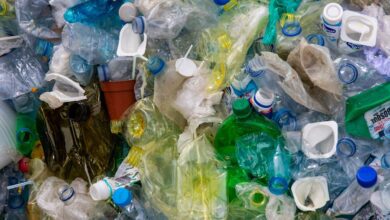


I have been surfing online greater than 3 hours as of late, but I never found any interesting article like yours. It is beautiful price enough for me. In my opinion, if all web owners and bloggers made good content material as you probably did, the net will probably be much more helpful than ever before.